10 Plants to Keep Pest Away From Your Home
Top Ten Plants To Keep Pest Away
Plants that repel pests offer several benefits for both gardeners and the surrounding ecosystem. Here are some of the advantages:
- Natural pest control: Repellent plants offer a natural and chemical-free way to control pests. By planting them strategically, you can reduce or deter pest populations without relying heavily on synthetic pesticides. This promotes a healthier and more environmentally friendly approach to pest management.
- Reduced pesticide usage: Incorporating pest-repellent plants can help minimize the need for chemical pesticides. This reduces the potential negative impacts of pesticides on beneficial insects, birds, and other organisms in the ecosystem. It also promotes the overall health of the garden or outdoor space by minimizing chemical exposure.
- Cost-effective solution: Growing plants that naturally repel pests can be a cost-effective alternative to purchasing commercial pesticides. Once established, these plants can serve as a long-term solution to pest problems without requiring ongoing financial investment.
- Attract beneficial insects: Some pest-repellent plants also attract beneficial insects, such as ladybugs, lacewings, and pollinators. These beneficial insects feed on pests or assist in pollination, contributing to a balanced and healthy ecosystem in your garden.
- Aesthetically pleasing: Many plants that repel pests are visually appealing and can enhance the overall beauty of your garden or outdoor space. They can add color, texture, and fragrance, creating an attractive and enjoyable environment.
- Versatility: Pest-repellent plants come in a variety of forms, including flowers, herbs, and ornamental plants. This versatility allows you to choose plants that align with your gardening preferences and design aesthetics while still providing pest control benefits.
By incorporating plants that repel pests into your garden, you can enjoy the dual benefits of natural pest control and a visually appealing landscape, all while reducing your reliance on synthetic pesticides and promoting a healthier ecosystem.
Marigolds: Marigolds are a popular choice for gardeners because they are easy to grow and they have a strong scent that repels many pests, including mosquitoes, aphids, and even rabbits. The flowers also attract beneficial insects, such as ladybugs and lacewings, which can help keep other pests in check.
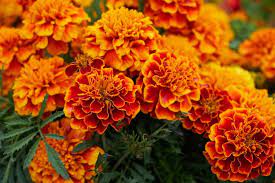
Lavender: Lavender is a fragrant herb that has a strong scent that repels many pests, including moths, fleas, and flies. It also attracts beneficial insects, such as bees and butterflies, which can help pollinate your garden.
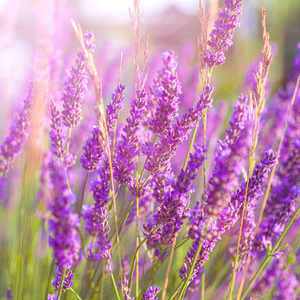
Garlic: Garlic is a powerful natural repellent that can help keep away many pests, including mosquitoes, aphids, and even rabbits. The strong smell of garlic can also help deter deer from entering your garden.
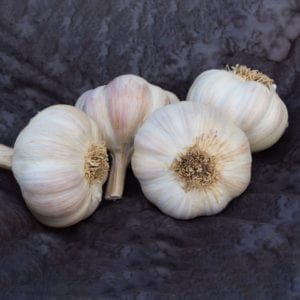
Chrysanthemums: Chrysanthemums are a popular choice for gardeners because they are easy to grow and they have a strong scent that repels many pests, including mosquitoes, aphids, and even rabbits. The flowers also attract beneficial insects, such as ladybugs and lacewings, which can help keep other pests in check
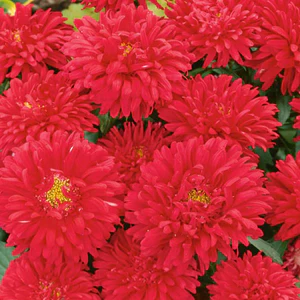
Mint: Mint is a fragrant herb that has a strong scent that repels many pests, including moths, fleas, and flies. It also attracts beneficial insects, such as bees and butterflies, which can help pollinate your garden

Catnip: Catnip is a fragrant herb that has a strong scent that repels many pests, including moths, fleas, and flies. It also attracts beneficial insects, such as bees and butterflies, which can help pollinate your garden.
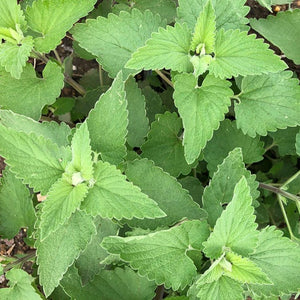
Rosemary: Rosemary is a fragrant herb that has a strong scent that repels many pests, including moths, fleas, and flies. It also attracts beneficial insects, such as bees and butterflies, which can help pollinate your garden.
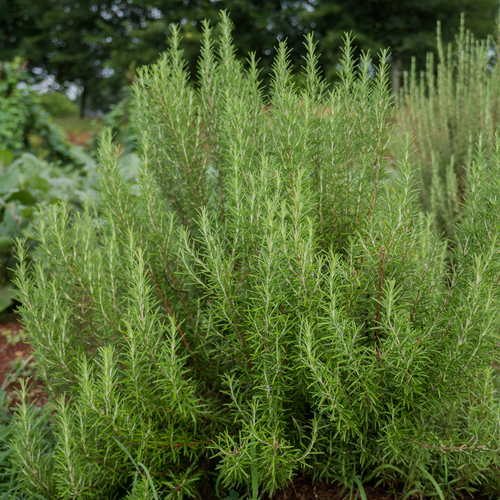
Basil: Basil is a fragrant herb that has a strong scent that repels many pests, including moths, fleas, and flies. It also attracts beneficial insects, such as bees and butterflies, which can help pollinate your garden.
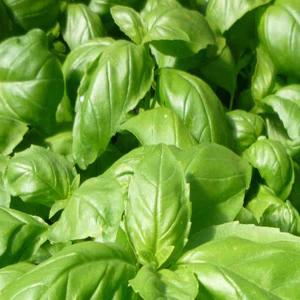
Lemongrass: Lemongrass is a fragrant herb that has a strong scent that repels many pests, including moths, fleas, and flies. It also attracts beneficial insects, such as bees and butterflies, which can help pollinate your garden.
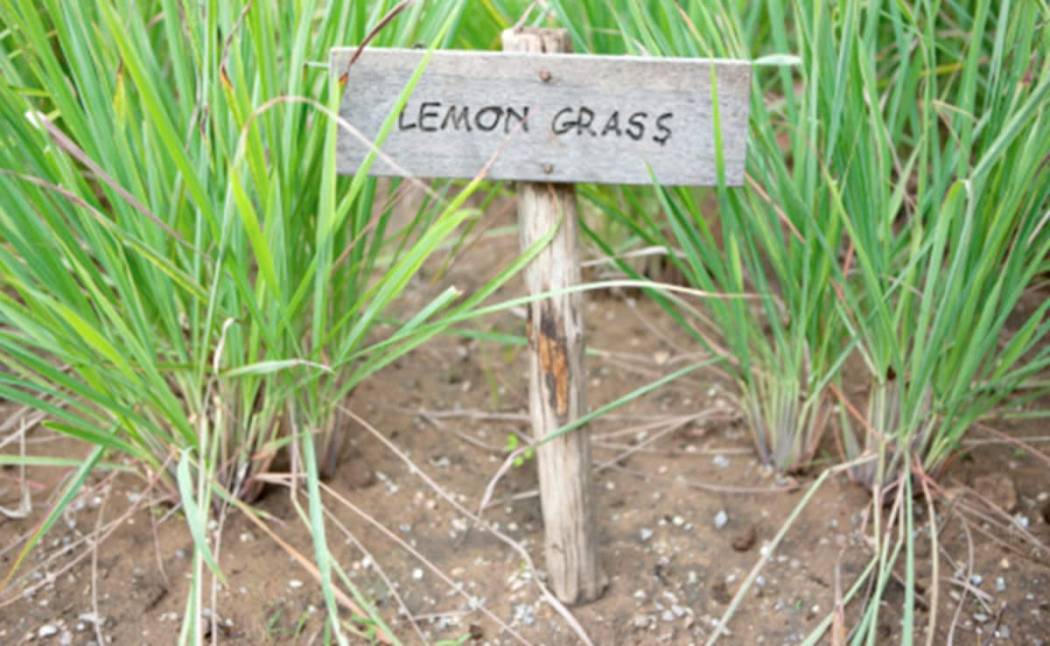
Citronella: Citronella is a fragrant herb that has a strong scent that repels many pests, including mosquitoes, aphids, and even rabbits. The strong smell of citronella can also help deter deer from entering your garden
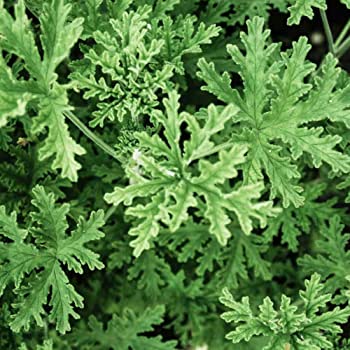
Using plants to repel pests is a great way to keep your home and garden safe from unwanted visitors. Not only are these plants effective at keeping pests away, but they also add beauty and fragrance to your outdoor space. So, if you’re looking for a natural way to keep pests away, consider adding some of these plants to your garden.